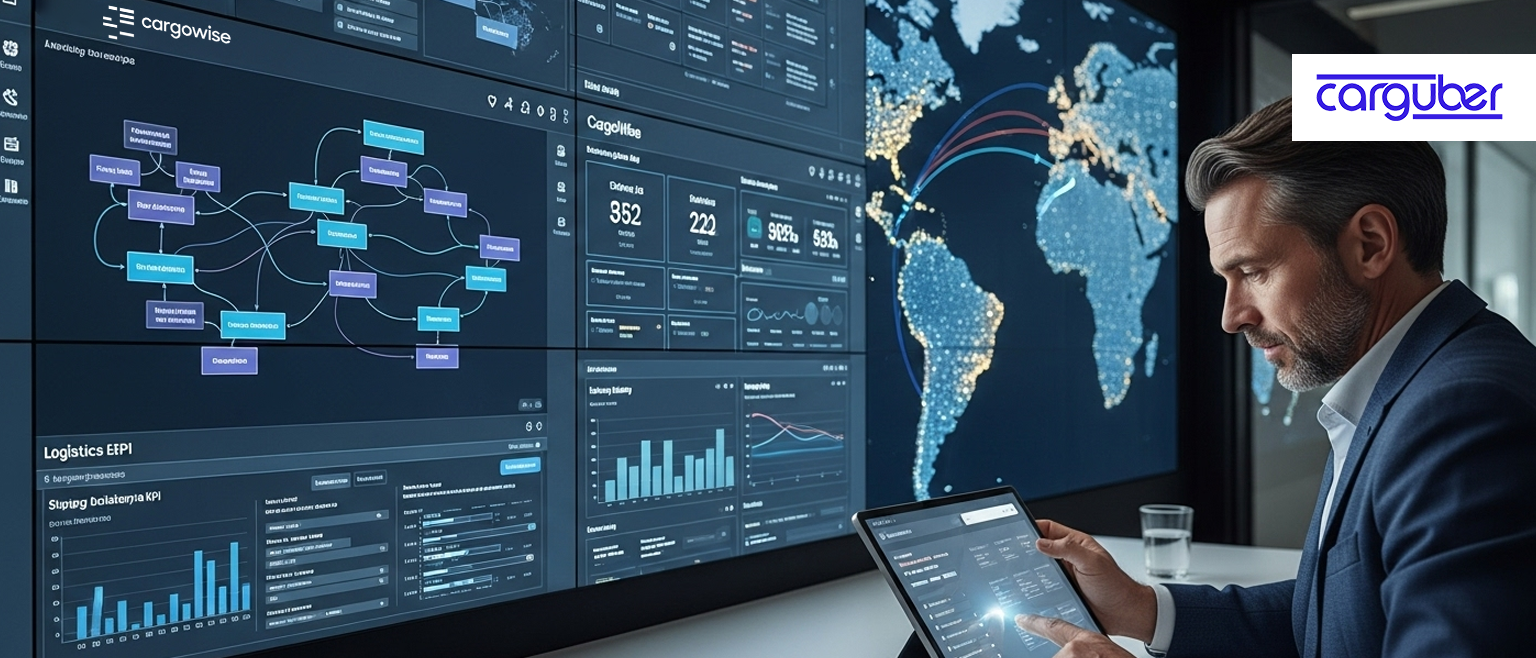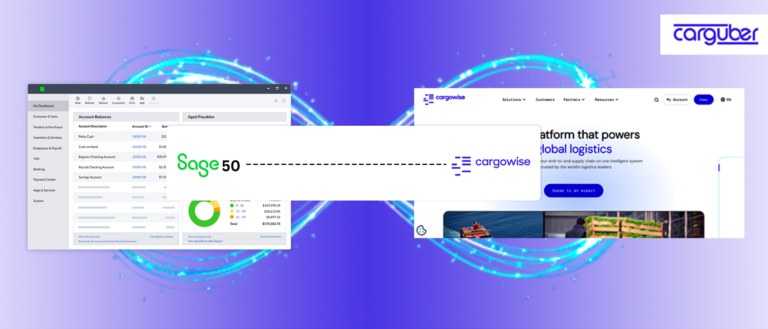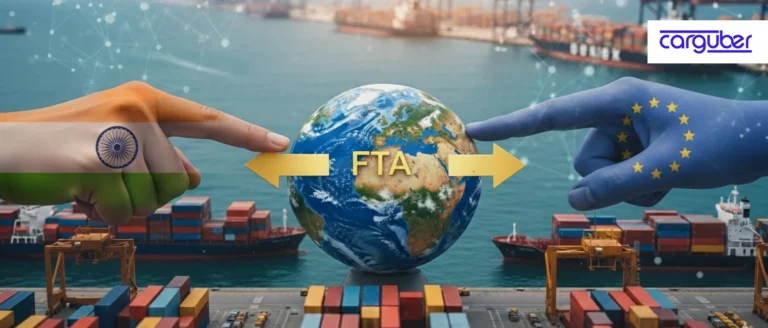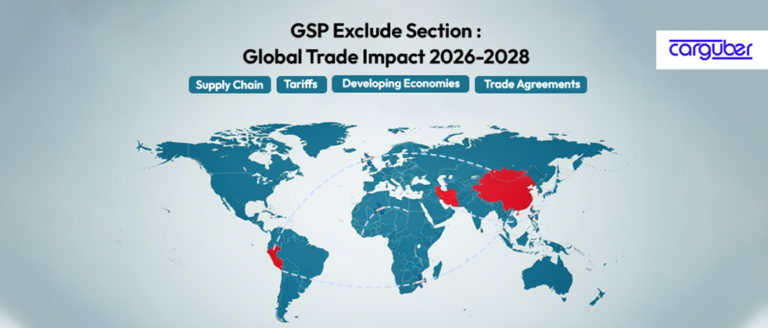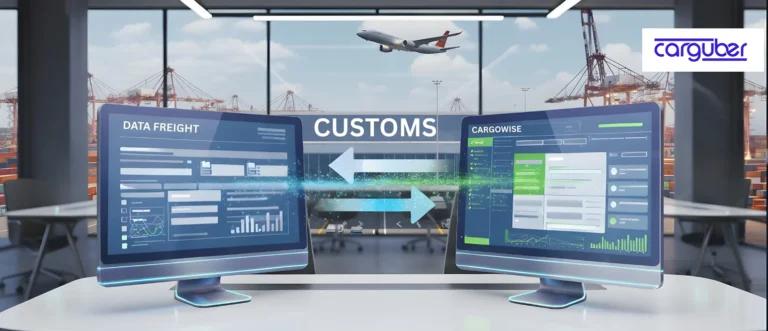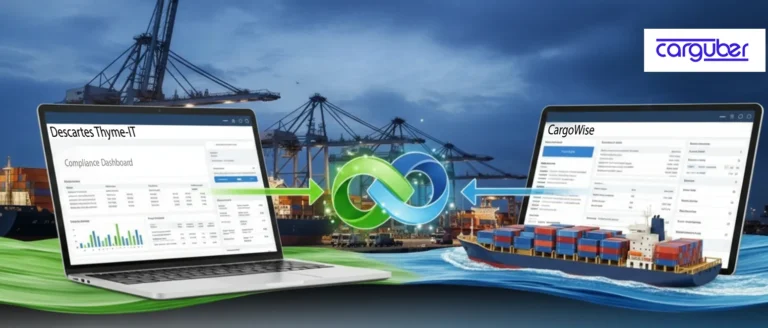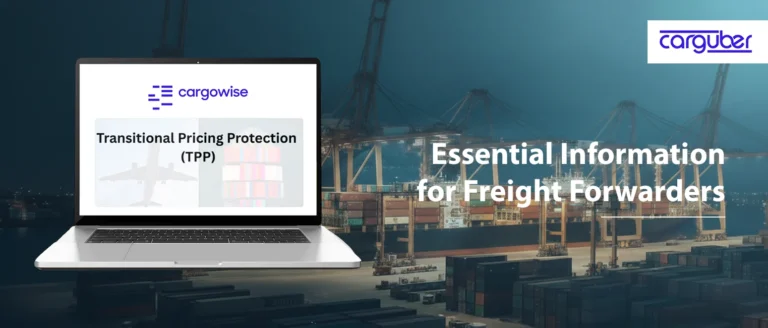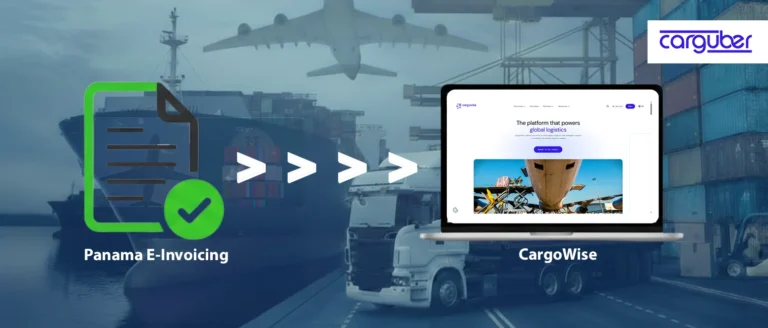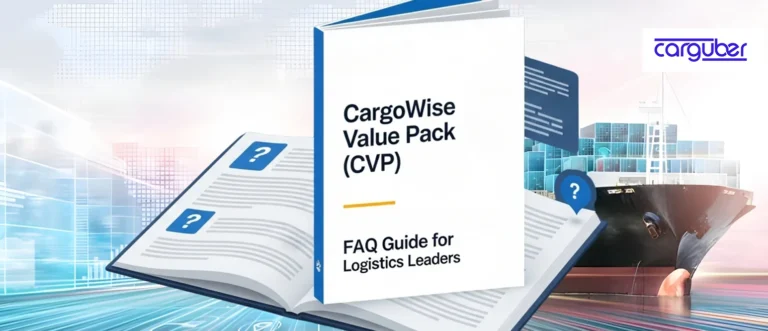What are the 5 Must-Have Checks to Optimize Your CargoWise ERP?
If you’re using CargoWise ERP but still relying on manual processes, disjointed systems, or outdated workflows, this blog is for you.
CargoWise is powerful, but like any ERP, it only works as well as it’s been implemented and optimized. Many freight forwarders and logistics companies miss the opportunity to fine-tune it, leaving efficiency, data insights, and automation on the table.
Let’s explore five essential CargoWise checks that all users should perform, as well as how Carguber, a reputable CargoWise consultant, can help you maximize system performance.
1. Why Should You Configure Workflows Around Your Business Model?
By default, the majority of CargoWise systems have a common configuration. That is acceptable—until it isn’t.
If your business handles a mix of air, sea, and road freight, a “one-size-fits-all” workflow can slow everything down. From routing errors to billing mismatches, misaligned workflows cost your team time and your business money.
Where things go wrong:
- Using default workflows without mapping your service model
- Assigning generic task steps across different departments
- Requiring manual intervention for simple milestone updates
How Carguber helps:
We don’t just look at your CargoWise dashboard; we look at your business from the inside out. Our consultants analyze your exact operational flow, then reconfigure your CargoWise workflows to align with your real-world process. From booking to billing, we make sure every task flows cleanly through your departments.
2. What’s the Role of Automation in Reducing Manual Work?
As you are well aware, manual data entry is a productivity killer. If your team is still creating invoices, updating shipment statuses, or sending repetitive emails manually, you’re burning hours that could be automated.
CargoWise comes with powerful automation features: triggers, event-based notifications, scheduled tasks, and document generation, but most users barely scratch the surface.
Signs you’re underusing automation:
- Frequent manual updates to shipment events or milestones
- Team members are manually emailing documents to clients
- Delayed billing due to manual invoice preparation
How Carguber helps:
We build smart automation rules for everything from document sharing to task routing. Need invoices to generate when a job hits a certain stage? Want automated status updates emailed to clients? We make it happen, so your team can focus on strategic work, not busywork.
3. Why Don’t Standard Reports Always Show the Full Picture?
Reports are only helpful if they show you what’s actually happening. Many CargoWise users rely on default reports, which often miss critical business metrics. That leaves decision-makers in the dark about job delays, underperforming routes, or customer profitability.
Common pain points:
- You can’t track job delays in real time
- Revenue leakage isn’t visible until month-end
- Managers don’t know which clients are profitable
How Carguber helps:
We design custom BI dashboards alongside CargoWise. These dashboards show you operational KPIs, like task aging, gross margin per customer, and pending approvals, in real-time. You don’t just get data. You get insight.
4. Why is System Integration So Critical for Modern Logistics?
Disconnected systems cause disconnected teams. When CargoWise isn’t fully integrated with your accounting software, carrier platforms, or third-party ERPs, your staff ends up doing double-entry, jumping between tools, and making avoidable mistakes.
Integration warning signs:
- Your team updates the same data in multiple systems
- Client portals don’t reflect live status updates
- Your invoicing and shipping platforms don’t sync
How Carguber helps:
We handle complex API integrations with systems like QuickBooks, SAP, NetSuite, Oracle, and custom CRMs. We also connect your CargoWise environment to external carrier platforms and portals. That way, data flows freely, communication improves, and human error drops dramatically.
5. When Was the Last Time You Updated or Re-Evaluated Your Setup?
CargoWise is dynamic; new features are frequently added. However, a lot of businesses put off improvements or continue to employ outdated settings because their staff is unsure of how to adjust.
That leads to missed capabilities, performance lags, and training gaps. If your CargoWise hasn’t been reviewed in a while, it’s likely not running at its best.
Symptoms of an outdated setup:
- You’re not using new CargoWise features
- Your team lacks training on upgraded modules
- You avoid upgrades due to the fear of downtime
How Carguber helps:
We offer full lifecycle support, and we also provide remote and on-site training to keep your staff updated and confident. As your business grows, we make sure your ERP evolves right along with it.
Why is Now the Right Time to Revisit Your CargoWise Optimization?
With tighter margins, higher customer expectations, and the growing complexity of global logistics, running on default ERP settings just won’t cut it anymore.
Modern freight forwarders need flexible, automated, and integrated systems to compete. Whether you’re focused on freight forwarding workflows, warehouse performance, or cross-team collaboration, there’s no better time than now to optimize.
Conclusion
Our CargoWise support & helpdesk team is staffed with experienced consultants who live and breathe logistics. Whether you need a quick fix, a full workflow redesign, or a long-term support partner, we’ve got your back.
From implementation and workflow automation to BI reporting, integrations, and training, CargoWise can do much more with the right support. Get expert help tailored to your freight model and streamline your operations. Improve efficiency, eliminate manual work, and unlock the full potential of your ERP. Book your free optimization call today and make CargoWise work smarter, not harder.
